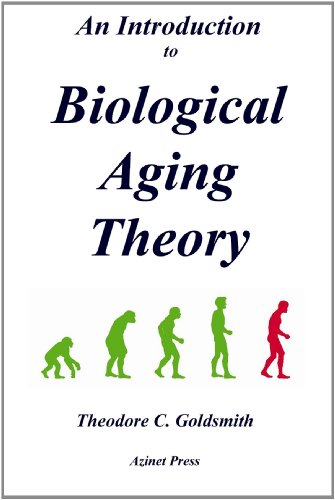
An Introduction to Biological Aging Theory
by Theodore C. Goldsmith
Publisher: Azinet Press 2011
ISBN/ASIN: B004L62CEQ
Number of pages: 33
Description:
This short book provides an overview of biological aging theories including history, current status, major scientific controversies, and implications for the future of medicine. Major topics include: human mortality as a function of age, aging mechanisms and processes, the programmed vs. non-programmed aging controversy, empirical evidence on aging, and the feasibility of anti-aging and regenerative medicine.
Download or read it online for free here:
Download link
(470KB, PDF)
Similar books
 Sensory Systems
Sensory Systemsby Thomas Haslwanter, at al. - Wikibooks
The book presents our sensory system from an engineering and information processing point of view. This provides insight in the performance of our senses. It also provides understanding of how our senses transduce external information into signals.
(14829 views)
 The Renaissance of Science: The Story of the Cell and Biology
The Renaissance of Science: The Story of the Cell and Biologyby Albert Martini - Project Gutenberg
The lives and accomplishments of over 200 scientists are presented chronologically and are related to each other in order to illustrate the evolution of knowledge about biology and microbiology from the Classic Greek era to the present.
(10410 views)
 Practical Biology
Practical Biologyby W. M. Smallwood - Allyn and Bacon
Practical Biology offers a simple, workable, attractive, flexible, and teachable course in Biology. Simplicity is a feature of the book. The language is simple, not technical, and the style is easy, flowing, and colloquial.
(22404 views)
 Proteomics
Proteomicsby Tung Luong - Wikibooks
This is a textbook for teaching the principles and practice of proteomics for undergraduate students in the life sciences. The focus is on the analytical methods and data analysis for protein separation, quantitation and identification.
(14639 views)